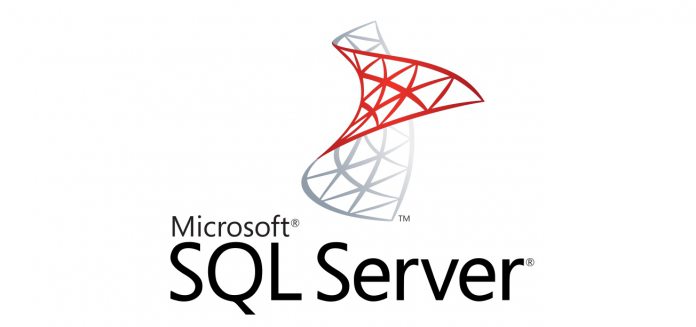SQL Server 2019 brings support for Machine Learning Services and failover clusters. Microsoft says this boosts reliability and makes model generation more efficient. In terms of model training, SQL Server now offers partition-based modelling. With this introduction, users can train multiple small models through partitioned data. Previously, users were limited to training whole models. An ability to train multiple small models means users can have greater granularity by breaking data into individual categories without needing to split data. Elsewhere in its post, Microsoft talks about improvements made to R and Python support on SQL Server 2019. Both languages are popular amongst SQL users. In terms of Python, the language is integrated with the database engines. “Integration of Python with the SQL server database engine enables you to perform advanced machine learning tasks close to the data rather than moving it around. Insights generated from the Python runtime can be accessed by production applications using standard SQL Server data access methods.”
SQL Server 2019
Microsoft announced the general availability of SQL Server 2019 at Ignite in November. Big Data clusters are arguably the stand out feature in SQL Server 2019. This is a solution for scaling data virtualization build on the Kuberenetes (K8s) container. Elsewhere in the new release, Microsoft has added always-on to SQL Server. “SQL Server 2019 enables enterprises to gain intelligence over all data types, both structured and unstructured, by combining the power of new big data clusters with enhanced data virtualization,” said John “JG” Chirapurath, Microsoft’s general manager of Azure Data & AI, in the blog post.




